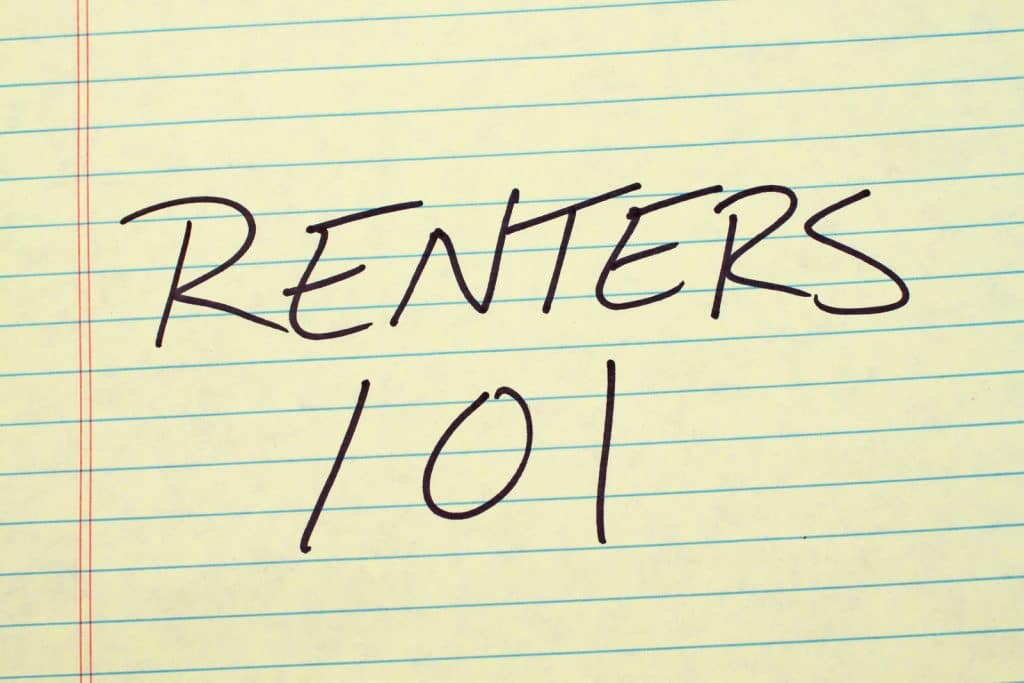In Ohio, tenants have specific rights and protections under the law. Understanding these rights is crucial to ensuring a fair and secure rental experience. This comprehensive guide provides an overview of tenant rights in Ohio, including their rights under Ohio Revised Code (ORC) Chapter 5321, the right to privacy, rules for lease termination, and return of security deposits. We’ll also emphasize the importance of retaining legal counsel to assert statutory rights and seek legal recourse if necessary.

ORC Chapter 5321 outlines the rights and responsibilities of both landlords and tenants in Ohio. It covers various aspects of the landlord-tenant relationship, including lease agreements, rent payments, maintenance, and eviction procedures.
For this blog post, particular focus should be given to the obligations of landlords found at ORC 5321.04, which requires that a landlord do all of the following:
Tenants in Ohio have a right to privacy in their rental units. Landlords must provide reasonable notice before entering the property, except in emergency situations. According to statutory design, twenty-four (24) hours’ notice is considered reasonable notice, absent evidence to the contrary. And, violations of the notice provisions, unlawful entries, and repeated demands for entry that are harassing can create a cause of action for damages, injunctive relief, attorney fees, and lease termination.
Lease agreements in Ohio have specific terms and conditions, including the rules for lease termination. Tenants have the right to terminate a lease under certain circumstances, which may be triggered by a landlord’s contractual or statutory breach of the lease agreement or Ohio law, respectively. Understanding your contractual and statutory obligations is imperative to avoid exposure for breach of contract and care should be taken to discuss options with counsel like MPC LAW.
One critical aspect of tenant rights involves the return of security deposits. Under ORC 5321.16, landlords are required to return a tenant’s security deposit within thirty (30) days after the termination of the lease. Failure to do so can result in legal action and recourse for damages and attorney fees. Take note, however, that legal recourse is eliminated if a correct address for forwarding of notices and the security deposit is not provided by the tenant.
In Ohio, tenant rights are enshrined in the law to provide a fair and safe rental experience. However, enforcing these rights can be challenging without legal assistance. That’s where experienced attorneys, like Matt Curry and MPC LAW, can make a difference. If you’re facing rental issues or need advice on tenant rights, MPC LAW is here to help.
For a detailed understanding of tenant rights under the Ohio Revised Code, visit: